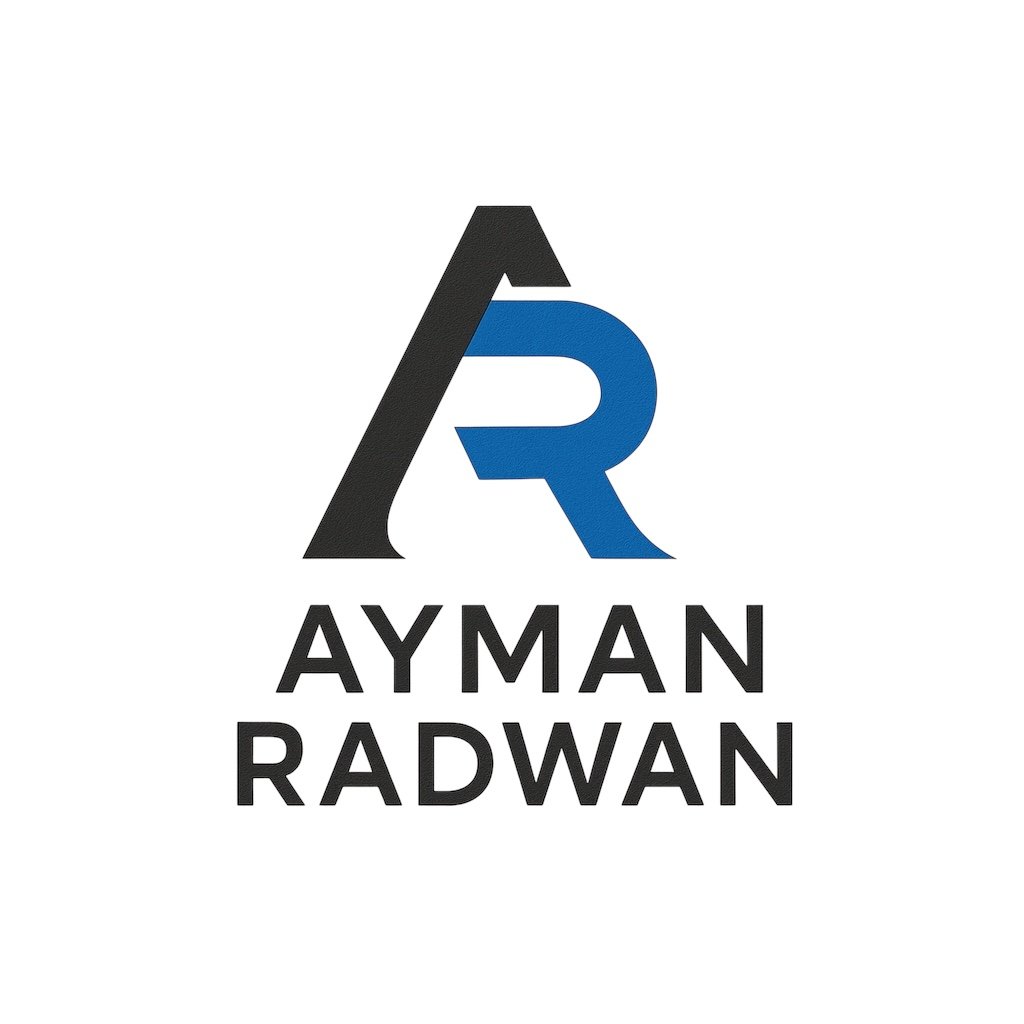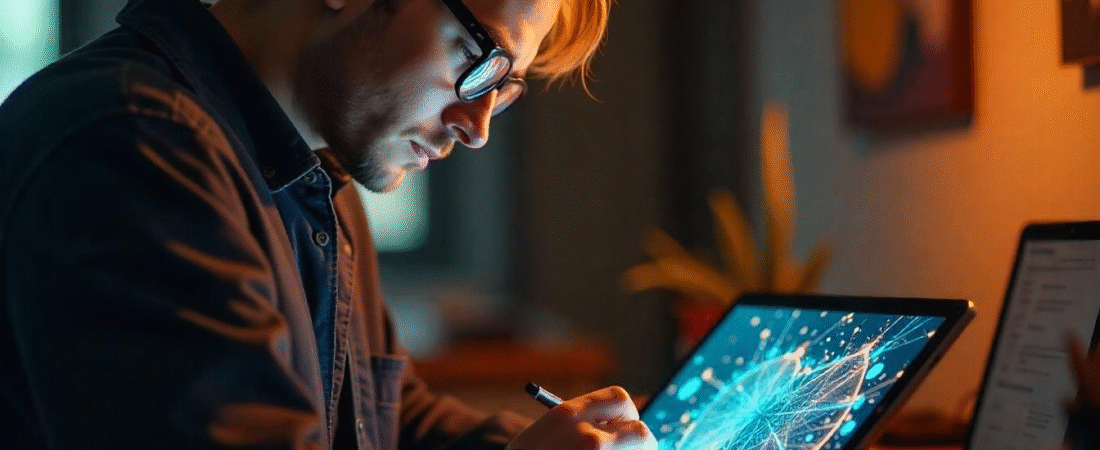Introduction
For decades, media creativity was powered by instinct, imagination, and bold decisions. Visionaries trusted their gut—not data dashboards. The golden age of cinema and television gave us unforgettable moments shaped by intuition and artistry, not spreadsheets or machine learning.
Today, however, the media world is changing fast. Artificial Intelligence (AI) and data analytics are reshaping how stories are told, how productions are made, and how content is consumed. As the industry leans more heavily on algorithms, a critical question arises:
Are we entering a new era of smart creativity—or one of repetitive, data-driven formulas?
From Instinct to Algorithm: The New Language of Creativity
Imagine watching a thriller that jumps from heart-racing suspense to a quiet emotional scene, then dives into a high-speed chase. In the past, directors guided these shifts using their experience, and editors relied on their feel for rhythm. Today, many of these choices are fine-tuned by algorithms trained on viewer habits.
For example, AI now tracks how long audiences stay engaged with a scene, when they tune out, which soundtracks grab attention, and even how surprising moments affect rewatching. As a result, creativity is becoming measurable—and sometimes, predictable.
However, even with these powerful tools, one big question remains:
If AI can figure out what works, why aren’t we seeing more iconic, unforgettable stories?
How Data Helps Creative Decisions—But Doesn’t Guarantee Results
When House of Cards launched, it wasn’t just a bold show—it was a strategic move backed by data. Netflix knew its viewers enjoyed political dramas. Kevin Spacey’s past work had high ratings. David Fincher’s directing style matched what the audience liked.
Even so, the show’s real impact came from great writing, strong performances, and timely themes. In other words, data opened the door, but creativity made it memorable.
On the other hand, some data-driven projects have failed to succeed. For instance, Warner Bros. used consumer data to guide the creation of Reminiscence (2021), but the film failed to connect with audiences. Why? Because while data can guide production, it can’t replace the emotional heart of a good story.
Smarter Production: Where Efficiency Meets Art
AI isn’t just changing storytelling—it’s also transforming the entire production process.
Here’s how AI is being used across different stages:
- Editing: Tools suggest shot sequences and cuts based on what has worked in the past.
- Scriptwriting: Machine learning models study hit movies and suggest plot structures.
- Post-production: Tools like Adobe Sensei improve visuals, sound, and effects—saving time and money.
- Digital cloning and deepfakes: Studios now use AI to bring back deceased actors, which raises major questions about ethics and authenticity.
Clearly, efficiency is improving, and costs are going down. But at the same time, many wonder:
Where does true creativity fit in an increasingly automated world?
Can AI Predict a Hit—or Just Repeat the Past?
Studios now use predictive analytics to look at:
- Which themes or genres are popular
- The past success of certain actors and directors
- How viewers react to similar shows
- Cultural trends tied to release dates
For example, Disney’s live-action remakes were based on smart analytics—nostalgia sells, especially when paired with modern effects. While some were major successes, others like Dumbo (2019) didn’t connect. This shows that even the best data can’t save a weak story.
So, why do we keep recycling old ideas instead of creating new ones?
The Creativity Conundrum: Why Data Has Its Limits
Three key reasons explain why AI has failed to unlock a new creative golden age:
- Fear of Risk: Data-driven plans focus on what’s already been successful—so new ideas often get pushed aside.
- Echo Chambers: Recommendation algorithms keep promoting the same popular styles, making it hard for fresh voices to stand out.
- Art Can’t Be Fully Measured: Creators discovered some of the best stories by accident, not through planning.
For instance, audiences initially underestimated these risky, unusual projects like Squid Game and Everything Everywhere All at Once—but they broke through because they felt real, original, and deeply human.
Between Ethics and Innovation: What Comes Next?
As AI moves from being a behind-the-scenes tool to a creative partner, more ethical questions arise:
- Will AI-generated actors replace real human performances?
- Are studios choosing predictability over emotional truth?
- Is originality being lost to algorithms?
While tools like GPT-4 can now write scripts and compose music, the emotional spark behind great storytelling still comes from people. The best stories endure not because someone optimized them—but because they move us, challenge us, and stay with us.
Looking Ahead: Blending Data with Imagination
AI doesn’t have to replace creativity. If used wisely, it can support and enhance human imagination.
In the near future, we may see:
- Interactive films that adjust based on viewer choices
- Digital actors sharing the screen with real ones
- Stories that adapt in real time based on audience reaction
Still, the real power will lie with those who can balance numbers with nerve—and data with daring.
Conclusion: The Golden Age Is Still in Reach
We’re not watching the death of creativity. Instead, we’re standing at its next big turning point.
AI offers tools—not rules. It gives insight—not instruction. The future belongs to those who see technology not as a shortcut, but as a springboard for bold, original storytelling.
Because even in a world of smart machines, the stories that last are the ones that feel the most human.
📚 References & Suggested Reading
- McKenzie, S. (2020). Netflix and the Future of AI in Media, Harvard Business Review.
- Johnson, M. (2021). The Ethics of AI-Generated Actors, Journal of Media Studies.
- Smith, J. (2019). Data-Driven Filmmaking: A Revolution or a Risk?, MIT Technology Review.
- Thompson, R. (2023). How AI is Changing Hollywood, Variety.
- Walt Disney Studios. (2021). The Role of Nostalgia in Film Remakes.
- BBC News. (2022). AI and the Future of Creativity: Are We Losing Originality?

